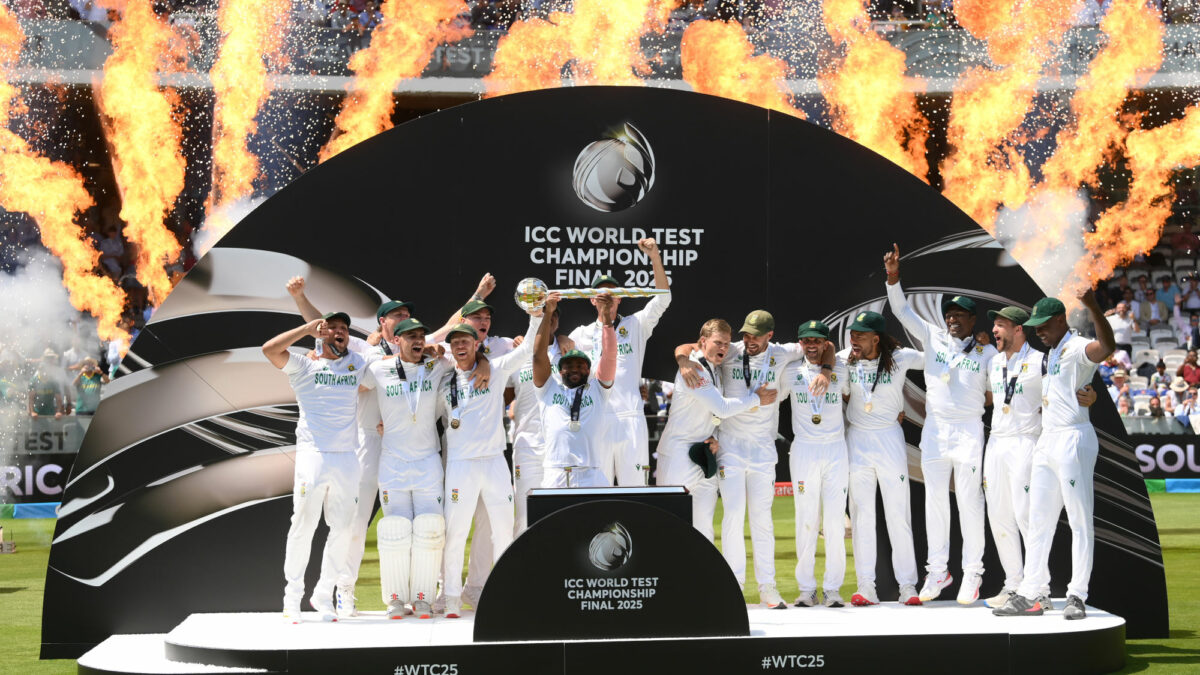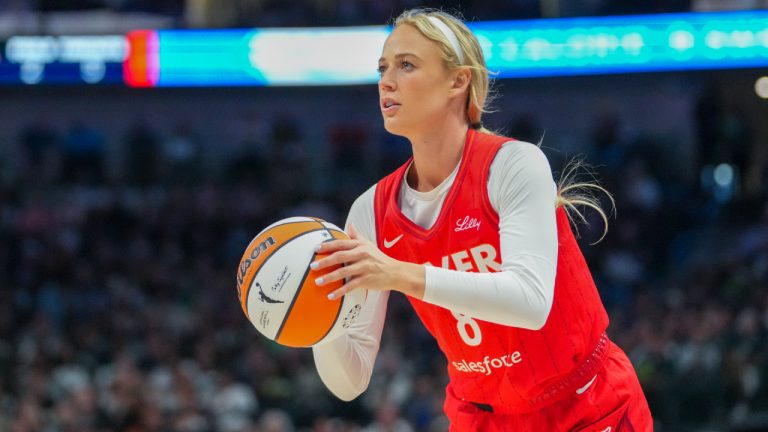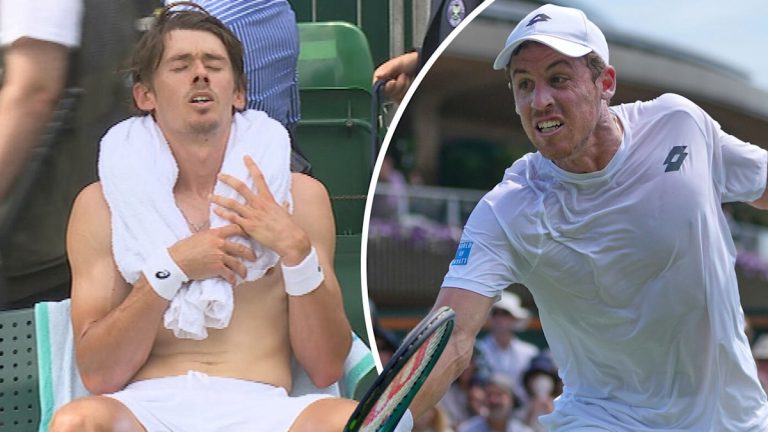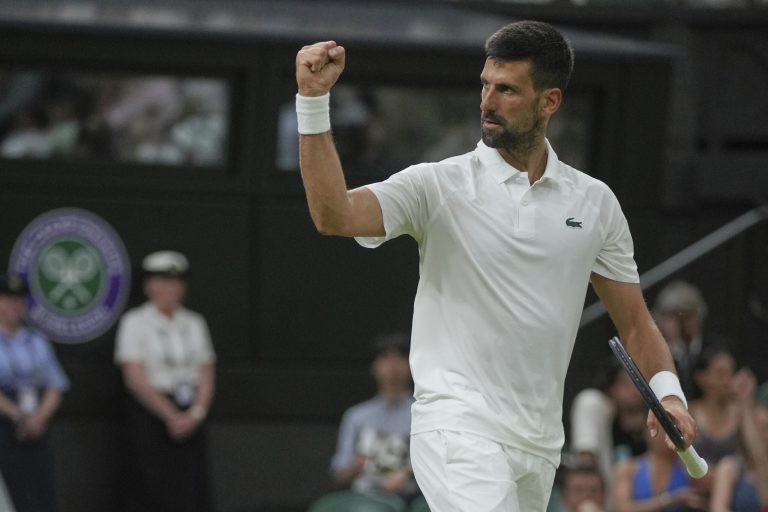Have we ever wondered if we’re being too ruthless and excessively cynical in judging cricketers? Have we ever considered that we might just be too unforgiving and dramatically overreactive when analysing their legacy? Because I genuinely believe we should.
There are certainly two types of fans that exist in every form of sports. Well, of course, you could sketch out a gallery of personalities and subtypes if you wished, but for the sake of simplicity, you could generally refer to two types: casual and rational ones.
Both of these archetypes seem to have their own flavours, with pros and cons accompanying them.
Rational fans carry a certain prestige in that they analyse the game based on pure rationality and objective reasoning.
They bring authentic analysis to the game, based on what has actually happened, with legitimate reasoning behind it and the subsequent effects.
From a personal perspective, their soft spot is that they are doing a commendable job – that they’re doing justice to the game through honest and thoughtful evaluation. On the flip side, they might find it hard to express their emotions in a way that doesn’t harm their integrity.
It’s not that they are totally devoid of emotions, but they find it a sacred principle to prioritise rationality over emotional aspects. The important thing to consider here is that they aren’t in the majority when compared to the other class. Yes, in the grand crowd of fandom, they are few.
Casual ones, however, inject a different sort of element into the fanbase. Their true definition would be those who are immersed in the game through emotions, perceive it through emotions, analyze it through emotions, and defend or fight for it purely out of emotions.
The fabulous aspect about them is that sports is truly a beloved domain due to their presence. In fact, sports would be soulless and barren had they not existed.
However, the flip side is slightly alarming here. The fact that is very important to consider is that they would always gravitate towards games based on passion rather than rationality.
What’s even more critical to consider is that they are in the majority. They certainly have different standards by which they perceive players and their careers. These standards – these metrics – though often quite engaging and thoughtful, are, sadly, for the most part, blades. These metrics don’t serve a very constructive purpose.
They often promote toxicity cloaked in the illusion of loyalty, to be precise. That’s where beauty starts to blur.

South Africa lift the ICC World Test Championship mace. (Photo by Mike Hewitt/Getty Images)
On Saturday, June 14, the final few moments of an exquisite game of a prestigious tournament, were being contested at Lord’s.
David Bedingham and Kyle Verreynne were batting South Africa towards glory. The crowd was on their toes in the stadium; so were the players in the dressing room, and I suppose the citizens of South Africa and the global audience (those who recognised this as monumentally historic).
Everyone was just about to erupt with euphoria at the realisation of the very fact that South Africa were about to be world champions in the elite format. They weren’t chokers anymore. Verreynne drives it through the covers for two runs, and the heavens broke loose as South Africa were officially the world champions.
Apart from the squad and sports staff affiliated with South African cricket, another colossal personality was seen erupting in ecstasy in the crowd. This man was not an anonymous spectator to require introduction.
AB de Villiers was seen leaping with uncontainable joy. The same AB who, despite his greatness, had never been able to lay his hands on the trophy during his playing days.
Dale Steyn, one of the world’s finest during his prime, was also seen visibly emotional during a live broadcast on Star Sports. Tears welled up in his eyes as he couldn’t even fully articulate what he might have been experiencing, what was coursing through his soul. Such was the state of overwhelming emotions surging through him.
As much as it was a moment of ecstasy for the South Africans and their players, it was also a quiet hour tinged with melancholy. A moment that literally exposed how sports behave ruthlessly with standards. How the majority of the public tends to perceive sports.
How sports literally metamorphosed from a game of a unit of individuals striving to chase the love for the game into nothing more than the cold obsession of a race to collect trophies.
Steyn struggled to suppress his emotions. He was merely attempting to mask the emotional tone with some impulsive words, but the rawness in his tone revealed far more than he could express. Everyone on social media adored Steyn for wearing his heart on his sleeve and manifesting his love for the game.
But if Steyn were to be brutally honest and if he just tried to be an open manuscript, then he also knows that he genuinely confesses the sting of disrespect he had been enduring for not securing a trophy despite being the world’s finest.

Pat Cummins bowls Wiaan Mulder on day one of the World Test Championship Final. (Photo by Ben Whitley/PA Images via Getty Images)
He might be open to admit those segments of casual viewers who refuse to place him in catalogues of elites simply as he was unable to hoist a trophy.
On the same side of the boat, we have AB de Villiers. As emotionally engulfed as he was here, just a few days ago, he too was spotted donning the sacred shades at the IPL final, where his eternally cherished, almost paternal side – Royal Challengers Bangalore – won their maiden IPL title.
AB has every justification to be rejoicing here, but whenever he looks back and feels the same torrent that Steyn might be weathering, he’ll be breathing with regrets.
Life is full of regrets. There are plenty of things that don’t fall precisely into place as we expect them to. This isn’t confined only to professional sports but extends to every walk of life.
What we have to consider, though, is that what’s inherent by nature is, indeed, natural. What we’re doing here requires deliberation.
Are we assuming that everything must be fixed exactly and that elements like luck, unity, circumstances, and conditions are irrelevant and don’t matter at all? Or have we, in our obsession with control, lost sight of what it truly means to be rational?
People have odd standards to perceive sports. For the majority of fans, the end matters most. No one remembers who did what in the middle. People don’t actually care about conditions, circumstances, weather, and the effort. Results do matter for them – it’s indeed a concrete fact.
It’s the same as the scene from one of my favorite movies, Moneyball: “I know these guys. I know the way they think, and they will erase us. And everything we’ve done here, none of it’ll matter.”
Might be a hard take but I genuinely believe that trophies are nonsense when it comes to defining the legacy of players. People who judge players based on trophies are funny.
Celebrating a trophy is fine. It’s indeed an incredible result of a series of work, but I’m not a fan of the culture where a player suddenly becomes a legend overnight just because they won a trophy or a fraud overnight because they lost a final.
The Proteas have been a wonderful team in ICC events in the past too. They were also a team that dominated the world of Test cricket by winning Test series in every corner of the world.
Think about AB de Villiers and Steyn. They were part of a team that won Test series in every corner of the world. Steyn was the main architect of their dominance. He was the man who was ripping through line-ups with an average in the low 20s.
He was a man who was bringing heat on flat, lifeless Asian pitches where fast bowlers are supposed to fade, with incredible reverse swing and with a weapon of arguably the best outswing in history. Are we really discrediting him based on this trophy tax? Are we really?
De Villiers was the only indispensable option who deserves a place in any playing XI regardless of the criteria or line of reasoning. He’s the one player who could master any role, at any position, in any format. And that’s before we even consider his gameplay and the range of his shots.
Blend all those qualities and you’d hardly find anyone giving him competition, specifically if the focus is about considering someone who can be adaptable and versatile for any format.
An example would be: in 2014/2015, he was conquering all formats. The man smashed centuries in SENA countries in Tests, came back, and had an outstanding IPL season. You’d think that’s great for a batter, and yet, in the same year, he had a phenomenal World Cup. AB’s ODI records – more than 2000 runs at an average of 76 and a strike rate of 126.
A 53 average and a 175 strike rate in the IPL. All formats, all conditions — exceptional!
But the versatility during this period was something else.
A few knocks that showcase this:
– Scoring 43 off 297 balls on the 5th day on an Indian pitch deemed dangerous.
– 162 off 66 balls in the World Cup.
– 149 off 44 balls.
– 69 off 28 balls against England in the 2014 World Cup.
Could you find better examples of versatility? Tell me — is this anywhere normal? Is this something that deserves to be disregarded just for the sake of a unit failing to control nerves on one final day?
This isn’t just about South African cricket alone. You could find these examples in any team of the globe. Pat Cummins, for example, started receiving more respect for Test cricket after the World Cup 2023 final.
Deep down, it’s a pretty concrete reality that he was always awesome in Tests. Gratitude to Pat that he had won a trophy, else he might have never been honored as much.
Why are we doing this? People who genuinely want to get into cricket should learn what the historical parameters of greatness in this sport are, even at a team level. This should be mandatory. It’s virtually impossible though, sadly.
Do we realise how tough it’s to be a professional cricketer? The professional prepares mentally to absorb blows and to deliver them. Their aim is to take what the day gives them.
They are prepared to be prudent and prepared to be reckless, to take a beating when they have to, and to go for the throat when possible. The field alters every day. The goal is not victory (success will come by itself when it wants to) but to be in control as sturdily and steadily as possible.
Or perhaps maybe this is our culture. Maybe we have to deal with it forever. Maybe we’ve to accept that we cannot recant, cannot reverse, cannot rescind, but must live with this cocked-up choice for the rest of our lives.
Eight years of legacy get wiped out by losing one final, and a mediocre player becomes a national hero by winning one.
What I love most about cricket prior to the 1990s was that a team was considered good if it played well, not because it had won this ICC trophy or that ICC trophy. The West Indies team won no ICC trophy in the 1980s. Neither did Australia in the 1970s!
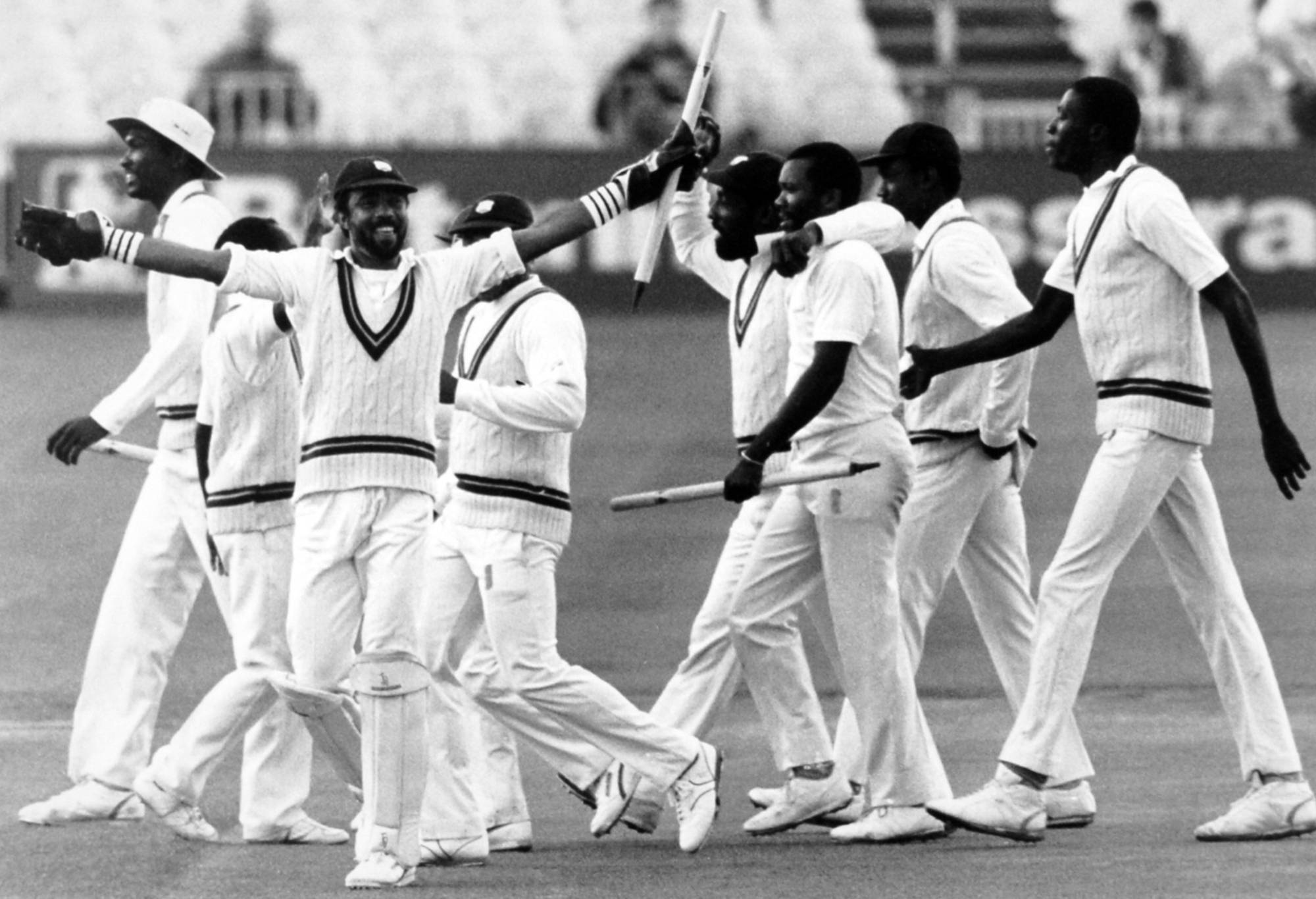
The West Indies during their 1980s glory days. (Photo by PA Images via Getty Images)
The more casual fans cricket attracts, the better for the sport overall. But it’s frustrating when casual opinions start overpowering real cricket discourse so inevitably.
Cricketers don’t evaluate each other based on trophies. You won’t see them parading titles the way NBA players flex their rings.
But for the casual, trophy tax is massive. Sadly, that’s just how it is. It should be better, but I fear it never will be.
And if this pattern continues that trophies truly become the only measure of greatness, then every technique coach would be jobless. Test cricket would be obsolete. Ranji and County cricket would vanish. Reverse swing would hold no meaning. Resilience would be irrelevant. Spells like Steyn’s in Nagpur would be erased, and knocks like AB’s 43 (297) would be jokes.
Commentary boxes would be filled with hype promoters, not analysts. Legacy debates would be reduced to Wikipedia pages. The ICC would stop ranking players, they’d just count trophies. The sport would shrink into a highlights reel, and all that would remain is a podium and a photograph.
We might as well tear up the Wisden Almanack, scrap all averages, and let highlight reels decide the Hall of Fame. And in that world, even Bradman would need a trophy cabinet to be remembered.
